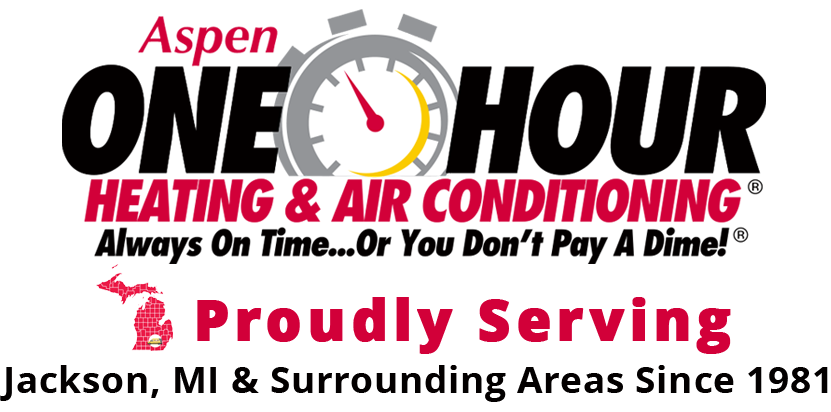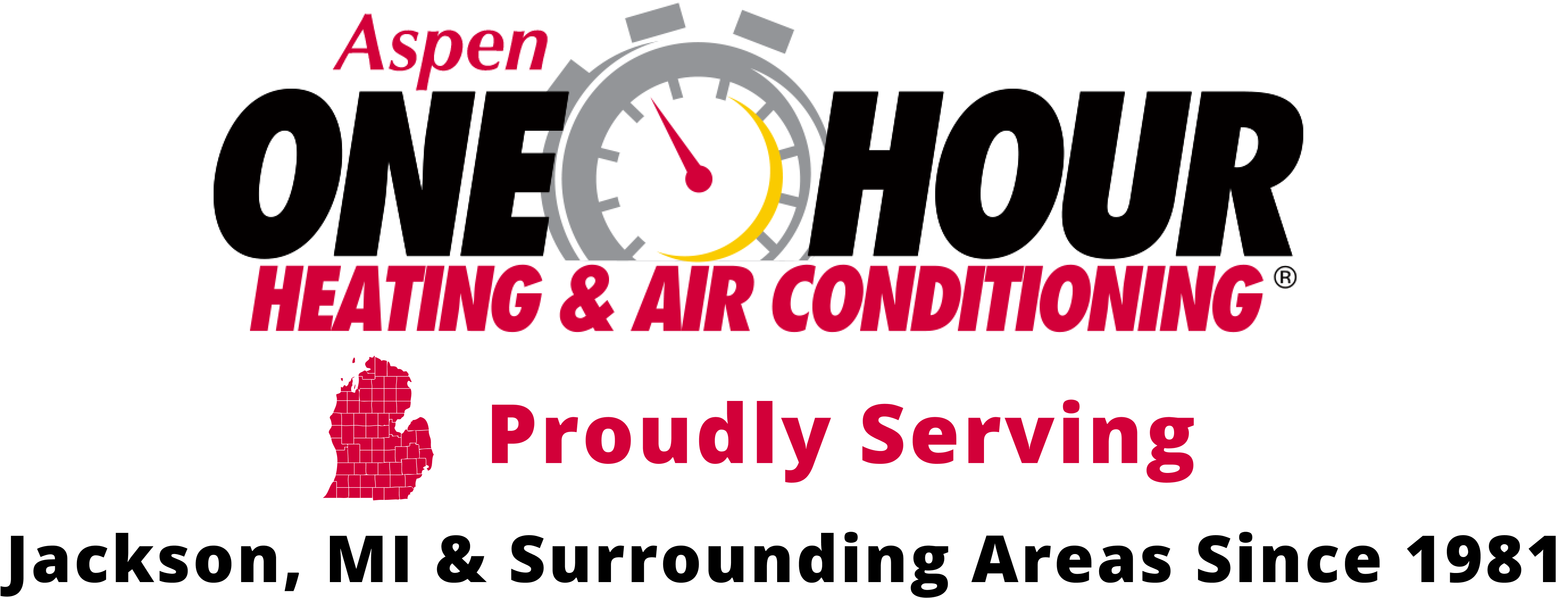An air conditioner is essential for maintaining home comfort, especially during hot summer months. However, like any home appliance, AC systems can experience issues that reduce efficiency, increase energy bills, or even lead to costly repairs. By understanding common AC problems and how to prevent them, homeowners can keep their cooling systems running smoothly year-round. In this guide, we’ll explore the most frequent AC problems, their causes, and the best ways to prevent them.
1. AC Is Blowing Warm Air
One of the most frustrating AC problems homeowners experience is an air conditioner that blows warm or hot air instead of cool air.
Possible Causes:
- Thermostat settings: The thermostat may be set to “heat” instead of “cool” or may have an incorrect temperature setting.
- Dirty air filter: A clogged filter restricts airflow, causing the system to struggle to cool your home.
- Refrigerant leak: If refrigerant levels are low, the AC cannot effectively remove heat from your home.
- Compressor issues: A malfunctioning compressor can prevent the system from cooling properly.
Prevention Tips:
- Check your thermostat settings regularly.
- Replace air filters every 1–3 months.
- Schedule annual AC maintenance to check refrigerant levels and compressor function.
2. AC Won’t Turn On
If your air conditioner isn’t turning on at all, it could be due to a variety of issues.
Possible Causes:
- Tripped circuit breaker: Power surges can trip the breaker and shut off the AC.
- Blown fuse: A blown fuse in the system can prevent it from turning on.
- Faulty thermostat: If the thermostat isn’t sending signals to the AC unit, it won’t start.
- Wiring problems: Loose or damaged wiring can interrupt the power supply.
Prevention Tips:
- Ensure your thermostat is working properly and has fresh batteries.
- Check your electrical panel and reset the breaker if needed.
- Have an HVAC professional inspect and repair any wiring issues.
3. Weak or Inconsistent Airflow
Weak airflow from vents can make your home feel less comfortable and cause uneven cooling.
Possible Causes:
- Blocked vents or registers: Furniture, dust, or debris can obstruct airflow.
- Clogged air filter: A dirty filter restricts air circulation.
- Ductwork leaks: Air leaks in the ductwork can reduce airflow to certain rooms.
- Failing blower motor: If the blower motor isn’t working properly, airflow will be weak.
Prevention Tips:
- Keep vents and registers clear of obstructions.
- Change your air filter regularly to maintain proper airflow.
- Have an HVAC technician inspect ductwork for leaks and seal them if necessary.
4. AC Is Making Strange Noises
Unusual noises from your AC unit can indicate mechanical issues that need immediate attention.
Possible Causes:
- Banging or clanking: Loose or broken parts inside the compressor.
- Squealing or screeching: Worn-out belts or motor issues.
- Clicking: Electrical problems with the capacitor or relays.
- Hissing or bubbling: Refrigerant leaks or pressure issues.
Prevention Tips:
- Schedule regular AC tune-ups to detect and fix minor issues before they worsen.
- If you hear unusual noises, turn off the system and call an HVAC technician immediately.
5. AC Unit Is Leaking Water
Water leaks around your indoor AC unit can cause damage to floors, walls, and ceilings.
Possible Causes:
- Clogged condensate drain line: Algae, dirt, or debris can block the drain.
- Frozen evaporator coils: Ice can melt and cause excess water buildup.
- Faulty drain pan: A cracked or rusted drain pan can leak.
Prevention Tips:
- Clean the condensate drain line regularly to prevent clogs.
- Keep air filters clean to ensure proper airflow and prevent frozen coils.
- Have an HVAC technician inspect the drain pan and replace it if necessary.
6. AC Short Cycling
Short cycling occurs when your AC turns on and off frequently, preventing proper cooling and straining the system.
Possible Causes:
- Oversized AC unit: If your AC is too large for your home, it will cool too quickly and shut off prematurely.
- Dirty air filter: Poor airflow can cause the system to overheat and shut down.
- Refrigerant issues: Low refrigerant can cause erratic system behavior.
Prevention Tips:
- Make sure your AC unit is properly sized for your home.
- Keep filters clean and change them regularly.
- Have an HVAC technician check for refrigerant leaks.
7. AC Smells Bad When Running
If your AC emits unpleasant odors, it could indicate mold, electrical issues, or gas leaks.
Possible Causes:
- Musty smell: Mold or mildew in the ductwork or evaporator coils.
- Burning smell: Electrical problems or overheating components.
- Rotten egg smell: Possible gas leak—turn off the system and call a professional immediately.
Prevention Tips:
- Keep air filters clean and schedule regular HVAC maintenance.
- Have your ductwork inspected and cleaned if mold growth is suspected.
- If you smell burning or gas, turn off the system and call an expert.
8. High Energy Bills
If your electricity bill is unusually high, your AC may be working harder than necessary due to inefficiencies.
Possible Causes:
- Dirty filters or coils: Reduced airflow makes the system work harder.
- Duct leaks: Leaky ductwork can cause cooled air to escape.
- Aging AC unit: Older systems lose efficiency over time.
Prevention Tips:
- Replace air filters regularly to maintain efficiency.
- Schedule professional AC maintenance at least once a year.
- Consider upgrading to an energy-efficient AC unit if your system is outdated.
9. Frozen Evaporator Coils
Frozen coils can cause your AC to stop cooling effectively and lead to system failure.
Possible Causes:
- Restricted airflow: Dirty filters or blocked vents can cause coils to freeze.
- Refrigerant leak: Low refrigerant levels can lead to coil freezing.
- Thermostat issues: Setting the thermostat too low can cause excessive strain on the system.
Prevention Tips:
- Ensure proper airflow by keeping filters and vents clean.
- Have refrigerant levels checked during routine maintenance.
- Avoid setting the thermostat too low for extended periods.
Conclusion
Many AC problems are preventable with regular maintenance and proper care. By addressing issues early, homeowners can avoid costly repairs and ensure their air conditioning system runs efficiently year-round.
If you’re experiencing AC problems and need professional assistance, contact our HVAC experts today for an inspection and reliable solutions!

